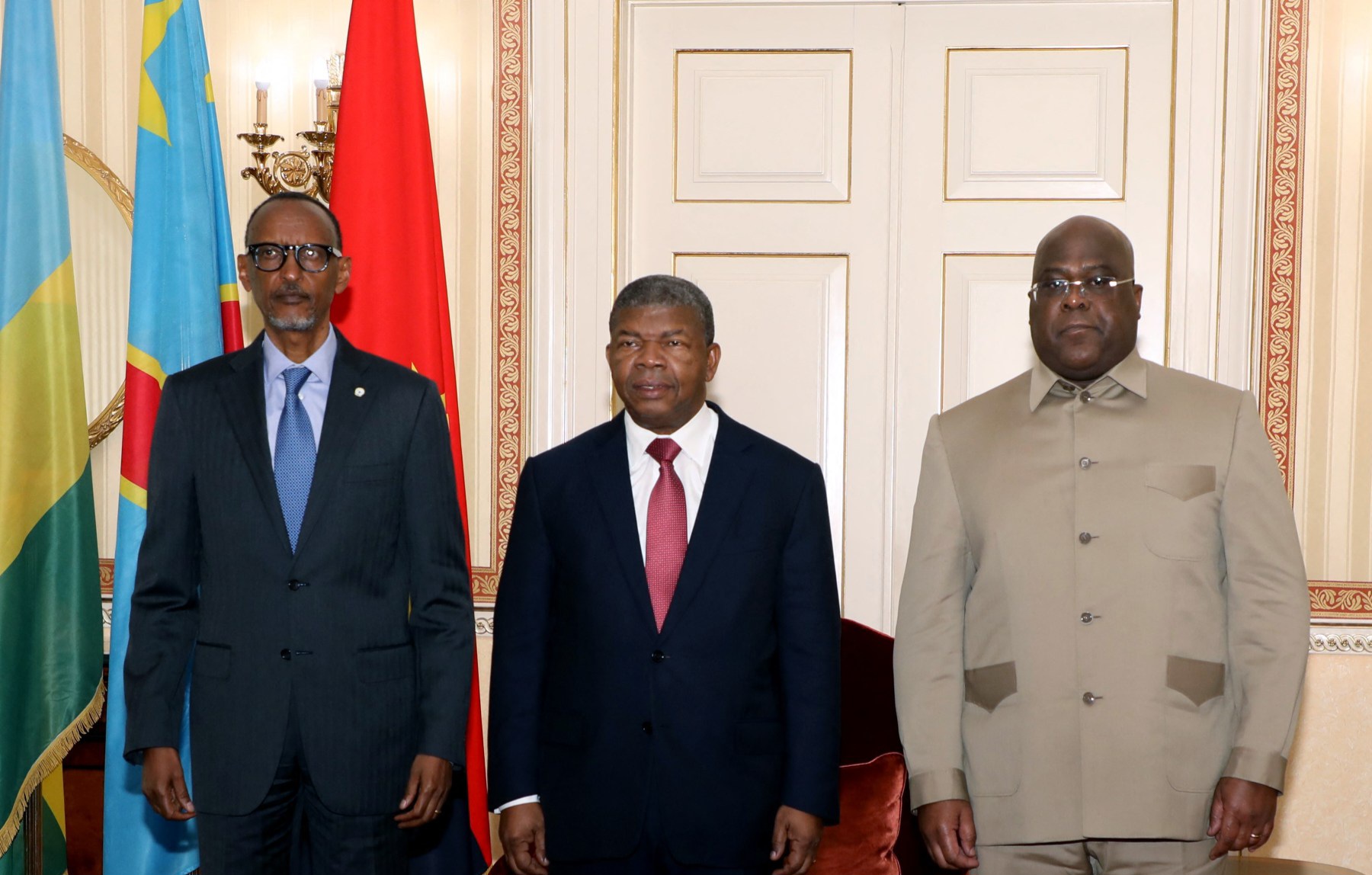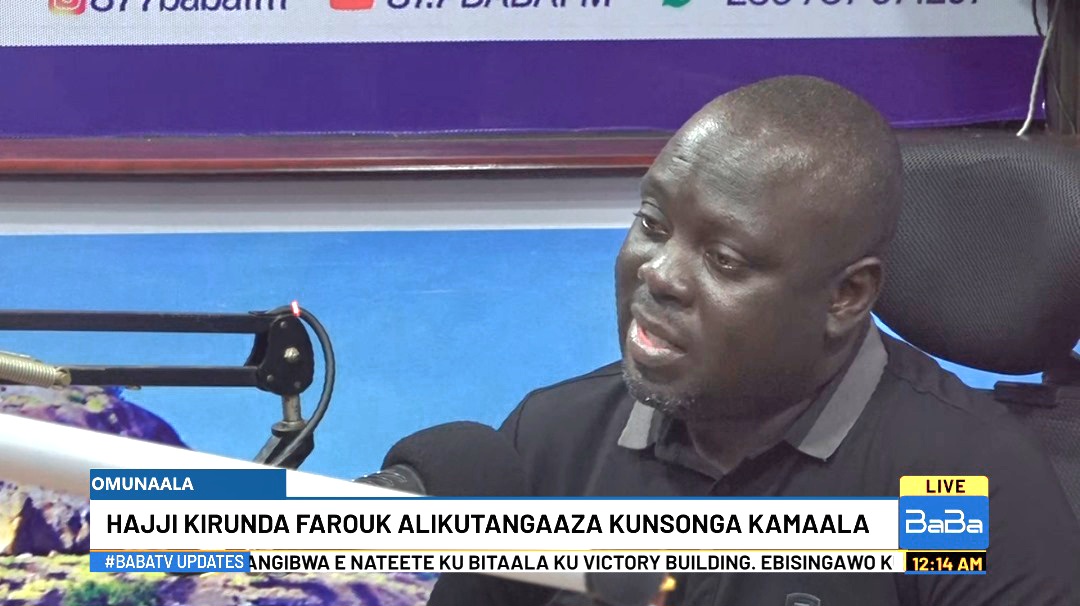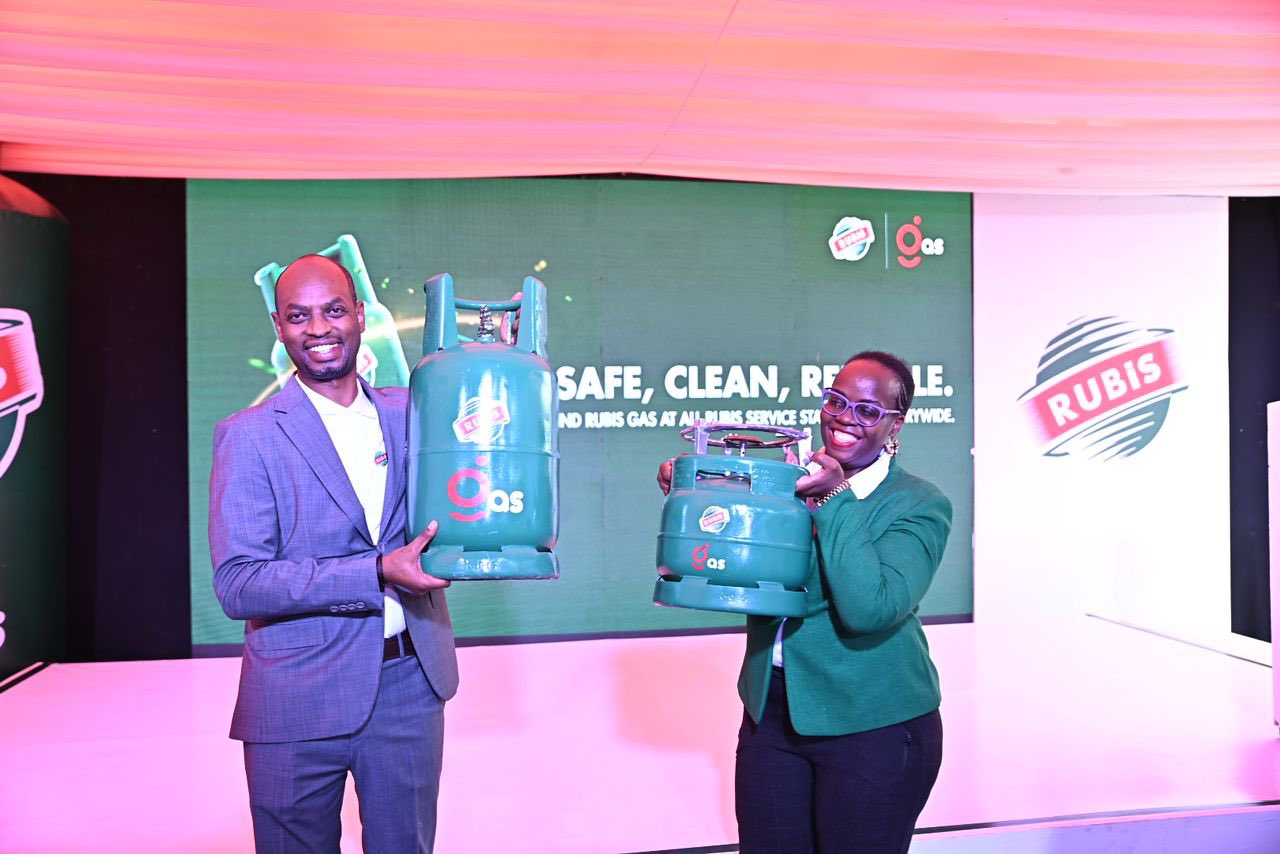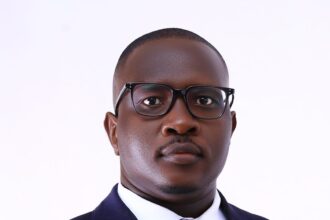Peace negotiations aimed at addressing escalating tensions between the Democratic Republic of Congo (DRC) and Rwanda have collapsed, deepening a crisis marked by ongoing violence and mistrust in the region.
The planned tripartite meeting, which was to include DRC President Félix Tshisekedi, Rwandan President Paul Kagame, and Angolan President João Lourenço, failed to materialize after Rwanda refused to participate.
In a statement, the DRC presidency blamed the breakdown on Rwanda’s insistence on a direct dialogue between the DRC and the M23 rebel group as a precondition for any agreement. The Congolese government categorically rejected this demand, referring to M23 as a “terrorist group responsible for atrocities in the east of the country.” M23 rebel outfit is sponsored by Rwanda.
“The Congolese side categorically rejects any negotiation with a terrorist group,” the DRC presidency stated, emphasizing its refusal to engage directly with M23, which has been accused of widespread violence and destabilization.
Meanwhile, Rwandan officials pointed fingers at President Tshisekedi, accusing him of using inflammatory rhetoric.
Rwandan Foreign Minister Olivier Nduhungirehe criticized Tshisekedi’s remarks, claiming they fueled xenophobia against Congolese Tutsi communities.
“It is shocking to hear conspiracy theories such as the so-called ‘great replacement’ being endorsed at this level,” Nduhungirehe said ahead of the summit. “Such statements make genuine dialogue impossible.”
Attempt to Salvage Progress
In Kagame’s absence, President Tshisekedi held bilateral talks with President Lourenço in Luanda. Former Kenyan President Uhuru Kenyatta, the facilitator of the Nairobi peace process, also attended and provided updates on efforts to disarm and reintegrate armed groups in the DRC.
Kenyatta expressed concern over the M23’s recent military offensives, stating, “The M23’s decision to abandon negotiations and pursue military action has undermined regional peace initiatives. We must find a way to bring all parties back to the table.”
The collapse of the Luanda summit highlights the deepening mistrust between the two neighbors. DRC Foreign Minister Thérèse Kayikwamba Wagner blamed Rwanda for the failed talks, calling the outcome “Rwanda’s failure.”
Analysts warn that the breakdown in negotiations could exacerbate the conflict in eastern Congo, where M23 rebels have intensified their offensive, displacing thousands and further destabilizing the region.
The failure of the talks underscores the challenges of achieving peace in the Great Lakes region, where political disagreements, ethnic tensions, and competing interests continue to fuel conflict. As international efforts to mediate stall, the risk of further violence looms large.
Do you have a story in your community or an opinion to share with us: Email us at Submit an Article









